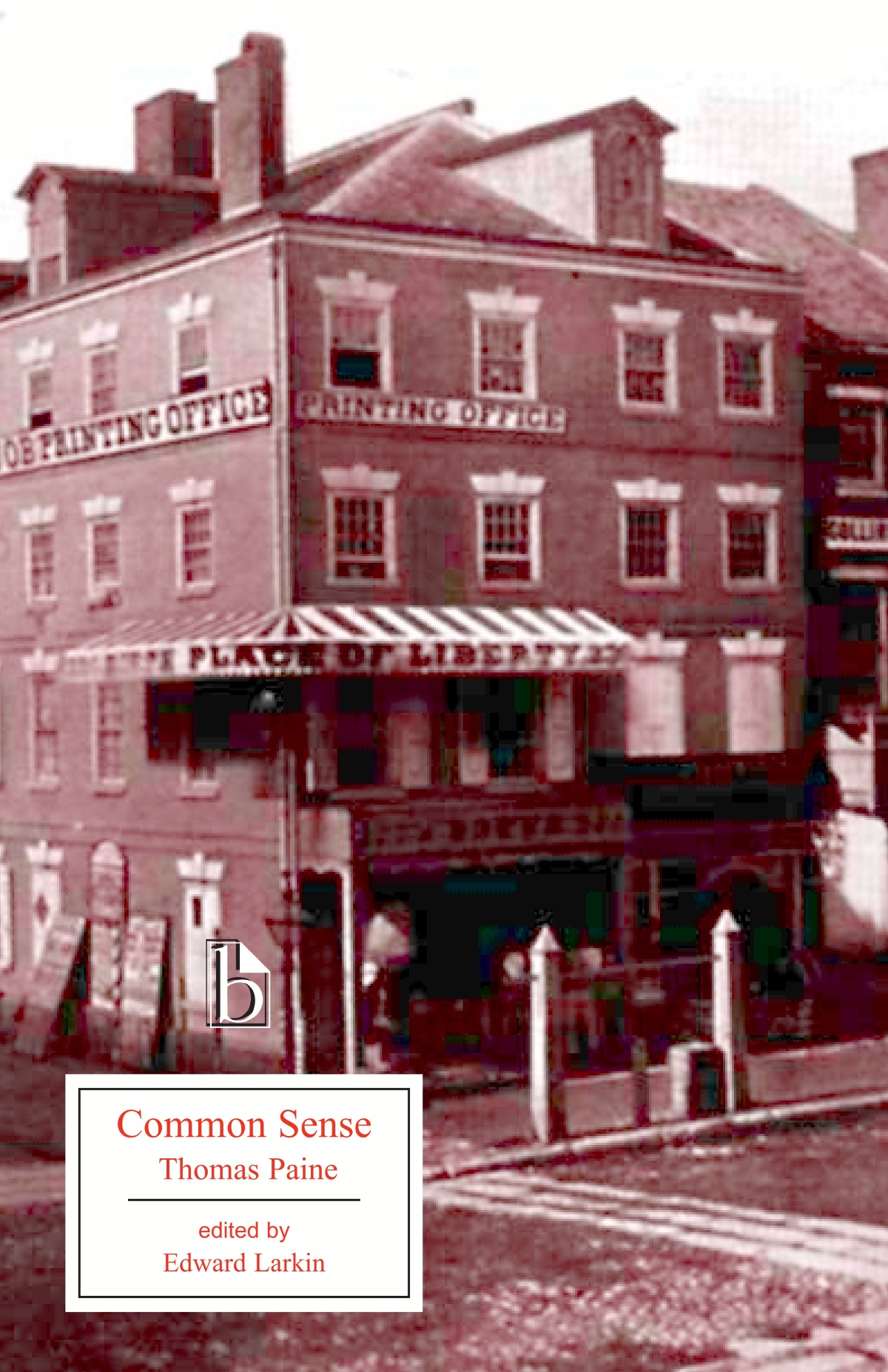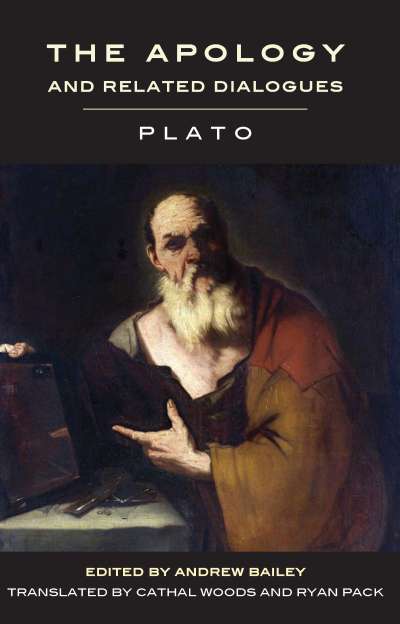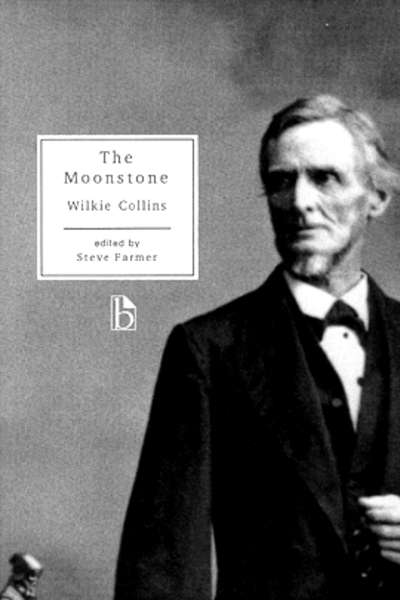
When Common Sense was published in January 1776, it sold, by some estimates, a stunning 150,000 copies in the colonies. What exactly made this pamphlet so appealing? This is a question not only about the state of mind of Paine’s audience, but also about the role of public opinion and debate, the function of the press, and the shape of political culture in the colonies.
This Broadview edition of Paine’s famous pamphlet attempts to reconstruct the context in which it appeared and to recapture the energy and passion of the dispute over the political future of the British colonies in North America. Included along with the text of Common Sense are some of the contemporary arguments for and against the Revolution by John Dickinson, John Adams, and Thomas Jefferson; materials from the debate that followed the pamphlet’s publication showing the difficulty of the choices facing the colonists; the Declaration of Independence; and the Pennsylvania Constitution of 1776.
Comments
“Edward Larkin’s new edition of Common Sense will be welcomed by readers. With a lively and detailed introduction, thorough scholarly notes, and a representative selection of the contemporaneous responses it provoked, this should become the definitive new edition of Paine’s classic tract.” — Richard Boyd, University of Wisconsin-Madison
“The big problem with Paine is that current readers have trouble seeing why his ideas did not seem so common-sensical to eighteenth-century people. Larkin addresses this problem with supplementary texts that focus on the debate over independence in America; along with his interesting and approachable introduction, the combination makes for the best edition of Paine’s Common Sense available.” — Daniel Vickers, University of California, San Diego
“There are many fine editions of this indispensable American text. But this one is richer and more rewarding than the others. It invites readers to encounter Common Sense in the fullness of its historical setting. And as it does, it makes plain how utterly Tom Paine towered above all other Revolutionary writers.” — Michael W. Zuckerman, University of Pennsylvania
“Edward Larkin’s new edition of Tom Paine’s Common Sense will be a boon to teachers and students. It thoughtfully contextualizes Paine’s pamphlet while highlighting the singularity of his voice. Most importantly, it will aid students in placing Common Sense in that absolutely central eighteenth-century culture war: the beginning of the unfinished argument over modern democracy.” — Michael Meranze, University of California, San Diego













